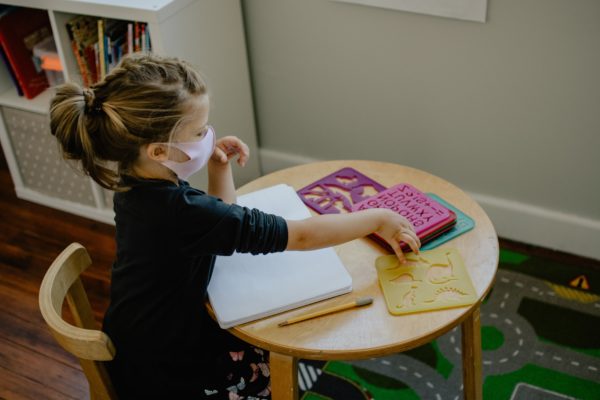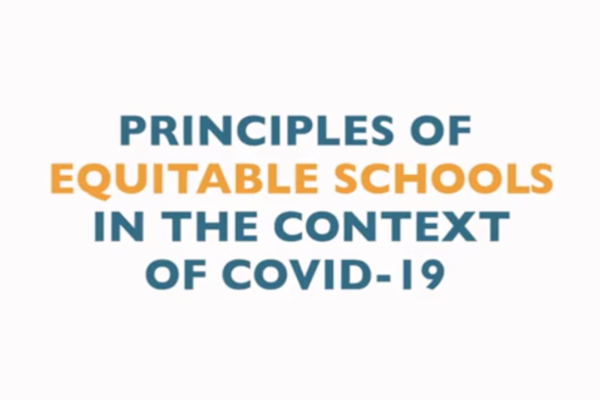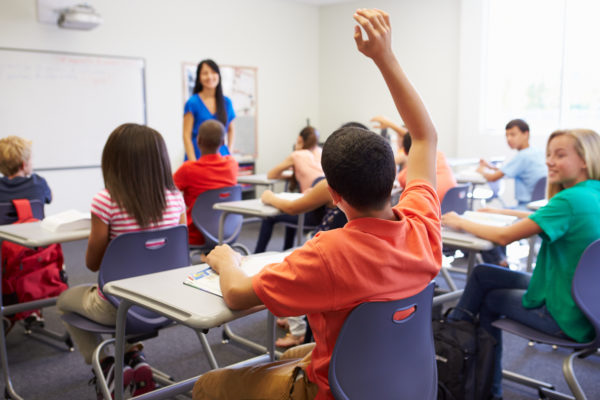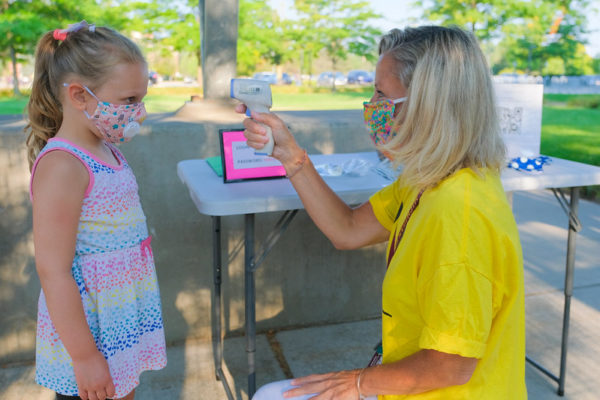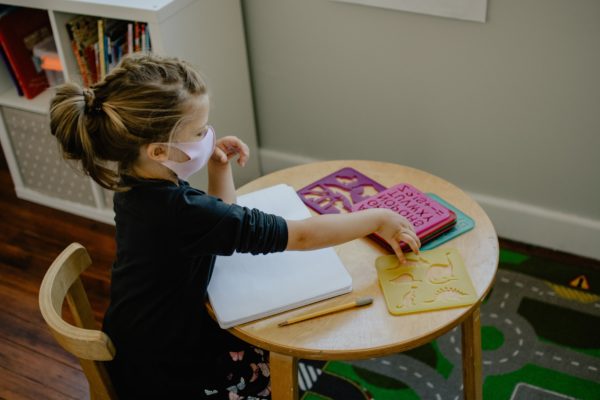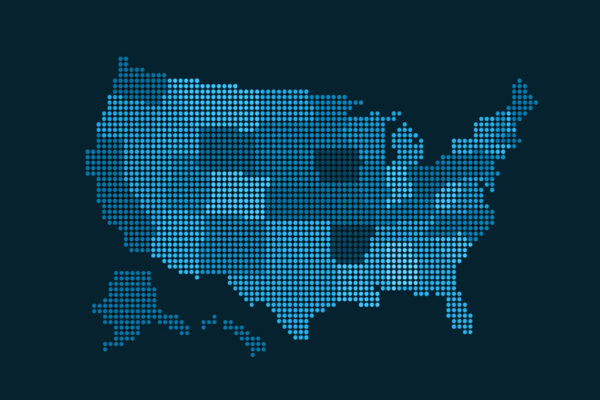This brief comes out of our examination of leadership pipeline programs and specifically with individual leaders who have demonstrated exceptional commitment to improving education for students with disabilities. In particular, it focuses on their motivations and how to use that information to create future leaders.
This brief, written as part of a collaboration with Pathways 2 Tomorrow, introduces what we propose are critical components of a strategic, city-based framework, along with details regarding how this multi-pronged approach can drive systemic and sustainable change that will lead to better access and outcomes for students with disabilities.
This brief comes out of our examination of leadership pipeline programs and collaboration with these programs to infuse inclusive mindsets and strong programs for students with disabilities into their training models. In particular, it focuses on our findings regarding how future charter school leaders are trained in pipeline programs, specifically on educating students with disabilities.
Our latest publication, The Rising Tide that Lifts All Boats: Investing Stimulus Dollars with an Equity Focus, provides several specific strategies that districts, schools, and educators should consider to optimize the positive impact of stimulus dollars on students, especially those with disabilities.
The COVID-19 pandemic has posed unprecedented challenges to the entire education system, but students with disabilities have faced disproportionate impacts. In June, the Center’s Equity Coalition published the Principles of Equitable Schools in the Context of COVID-19, a set of guidelines for educators working to put equity at the forefront of decision-making. This fall, we caught up with three schools that are working hard to embody these principles: Digital Pioneers Academy in Washington, D.C.; Animo Legacy Charter Middle School in Los Angeles, CA; and Audeo Charter School in San Diego, CA.
The National Center for Special Education (the Center) has released a new report examining trends related to enrollment of students with disabilities in Colorado charter schools. Through this report, the Center documented enrollment trends across the state and by authorizing entity, surfaced contributing factors, and identified opportunities for key stakeholders to make short- and long-term changes that can improve students with disabilities’ ability to access and thrive in charter schools.
The COVID-19 global health crisis has upended the continuity of learning for students with disabilities. Despite these ongoing challenges, the right to a free appropriate public education (FAPE) for students with disabilities remains in place. As schools shift to more distance learning, teams of educators are left to redesign what FAPE looks like when they cannot be physically present with their students. This guide offers a decision-making model that aims to balance individual student needs within a virtual learning context, as well as a range of exemplars showing how this model can be applied.
The members of the Equity Coalition believe that it is now more important than ever for schools to commit to permanently rejecting harsh exclusionary discipline practices for all students and especially for those with disabilities.
This interactive visual database includes data on enrollment, discipline, local educational agency (LEA) status, authorizer, and funding aimed at building understanding of the special education landscape and related trends across every state in the nation.
This page provides sources, methodology, and definitions for the Center’s interactive database, Trends in Special Education in Charter and Traditional Public Schools by U.S. State.

